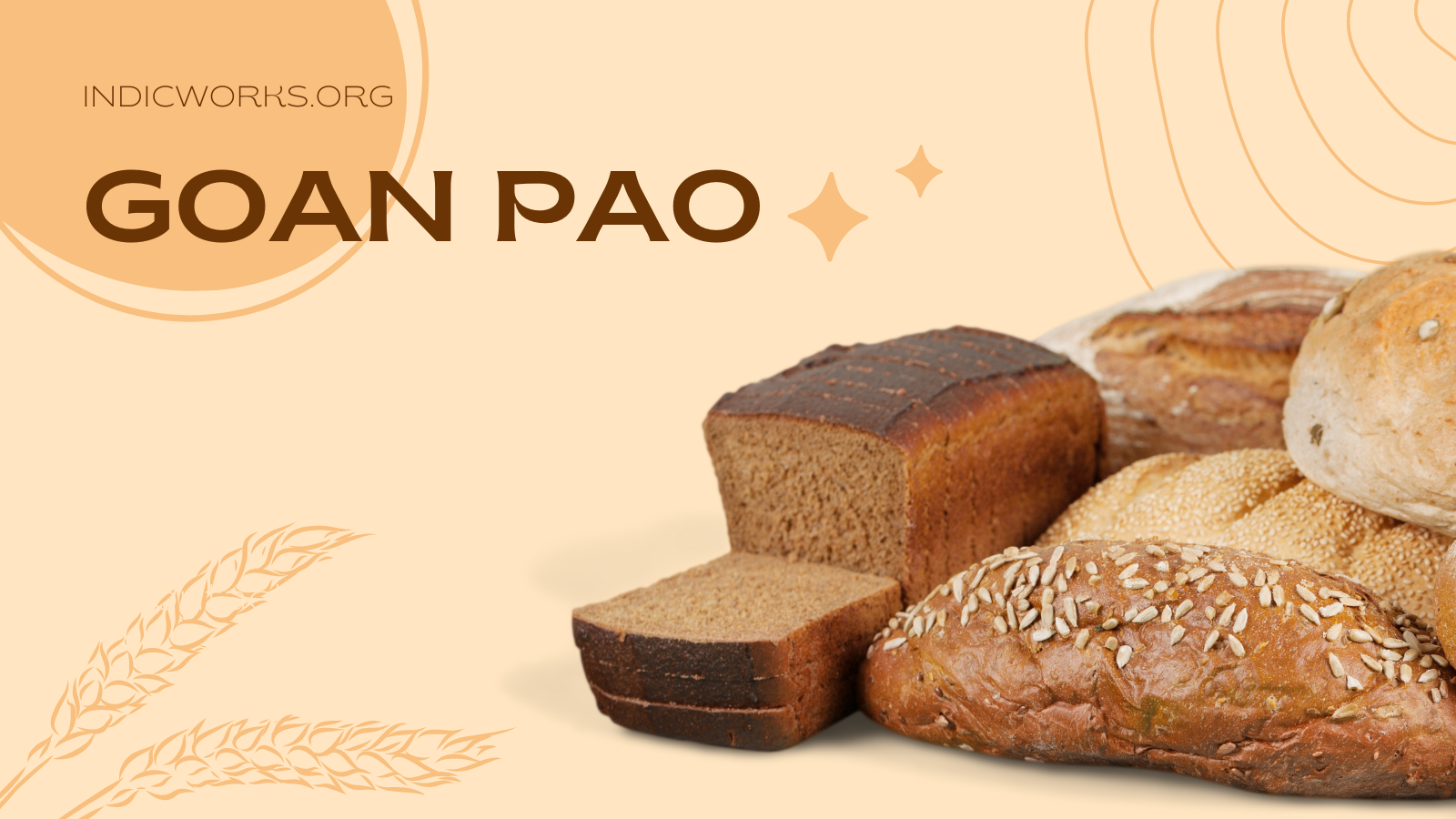If you had asked me a decade ago to pick one thing unique to Gao, I would have picked pao, the Goan bread. The narrow lanes of Mala in the Panaji area are well known, having been featured in several Bollywood and Hollywood movies. Every evening, while walking through these lanes, you would see people rushing to buy pao from the local bakeries.
Fresh out of the oven, they were too hot to be carried in plastic bags. They had a fresh, earthy smell and a very wholesome taste that paired well with virtually anything, from chicken xacutti to plain patal bajji. The local bread maker was known as a "poder" and was a popular figure. In fact, the capital city of Goa elected a poder as their MLA in the early years.
But times have changed. A few months ago I tasted pao and it was disappointingly ordinary. The traditional pao taste was missing, it was too small, and it did not even have the quality (expectedly quite low) of a mass-produced item. They were not even a faint reflection of the pao I remembered. The sellers, who were likely migrant laborers, often didn't understand the difference between the native names like Pao and Unde.
Goa, as a state, has been progressing quite well. Incomes have tripled over the past decade. Streets are lined with brand name stores and fancy restaurants. People have the ability and the willingness to spend much more than before. That led me to a puzzle. Given the increase in affluence, I would have expected the quality of pao to increase, not decrease. What caused the decline in the quality of pao?
One might think that maybe Goans lost their interest in baking. But that was not it. Goa, in fact, has a thriving baking tradition. Home bakers run businesses significant enough to attract the attention of GST enforcement. You can buy fancy cakes in exotic flavors with intricately made fondue decor that is indistinguishable from what you see on Netflix's baking shows. If anything, baking has become extremely popular, and the baked goods industry has grown substantially. But why would no one touch the Goan Pao?
The answer to the question of why the decline in the quality of pao is simply this: a cap on the price of pao sold in Goa. In other words, interference in the market. Effective markets have a wide variety of sellers and buyers. Prices organically emerge out of the interaction of numerous suppliers and demanders of a product. As a consequence, a wide range of products are available at various prices: high priced high quality goods at one end, and lower priced lower quality goods at the other end.
Price caps eliminate high quality goods that are most costly to produce. Price caps limit how much a producer can afford to spend and still be in business. If the cost of production is high enough that it exceeds the allowed price, that would not be produced. The bakers’ association has imposed a price cap that essentially limits the quality of pao available in the market.
When the price of an item is externally capped, the only way to increase profits is by either selling more of it or by reducing the cost to produce it. One way to do this is by using the cheapest possible labor, which often means unskilled migrant labor who neither have skill nor can afford to take pride in their work. To reduce costs, suppliers have to cut corners by using lower-quality flour, poor yeast, or even skipping proper kneading. Since the price cap also determines the weight of the bread (but not the size), there's no incentive to ensure the bread rises properly. The result is a race to the bottom where you get worse-tasting bread with each passing year. People have no incentive to make "better bread" because all that matters is to reduce cost not just for profit but to even stay in business.
If Goan Pao is to survive, it needs to be freed from the clutches of these price controls. Goan bakers should have the freedom to set the prices they want for their bread. Goa is not some calorie-starved desert village; it has plenty of food options, and there is no reason to cap the prices of one of Goa's best culinary creations.


